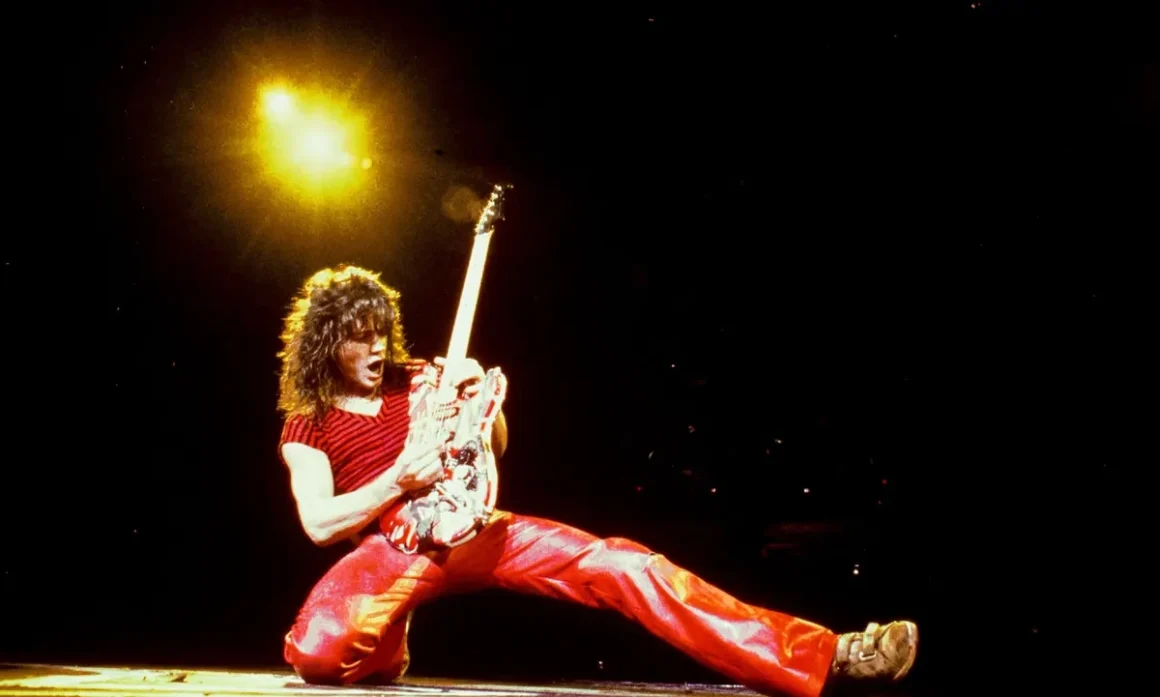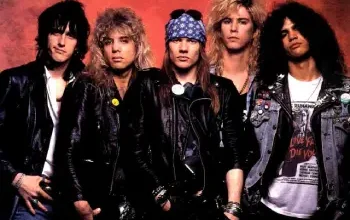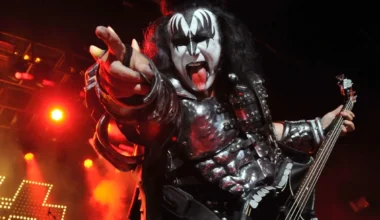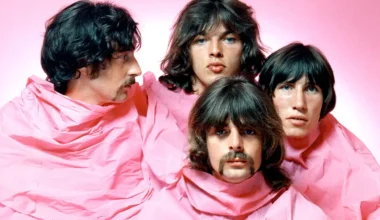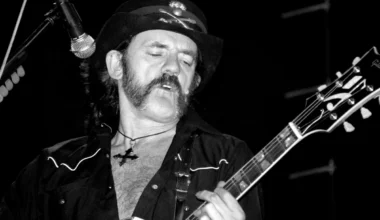It’s simple to assume that Eddie Van Halen is at the centre of almost everything related to Van Halen. Though he might not have written the lyrics for every song, would you really want to listen to anything if his solos weren’t so amazing or if his riffs didn’t hold everything together? Anyone can feel insecure next to someone like Eddie. However, he remembered hating working on Fair Warning once everyone left him high and dry.
Perhaps the band needed a vacation after all, given their crazy work schedule. Their label pushed them to release one of the greatest debut albums ever because nobody gets to make one and then let up on the pressure. Their label forced them into the studio for a few weeks after they concluded the tour. They then restarted the entire process throughout the early 1980s. Nobody gets to make one of the greatest debut albums ever and then suddenly take their foot off the gas.
Under such pressure, most bands would break, but Eddie is such a riff machine that it’s hardly a problem. Women and Children First felt like one of the band’s first big statements following their debut. It brought in a lot more grit with some of the heaviest riffs of their career. This was in contrast to some of the other songs that were a bust on Van Halen II. Following Fair Warning, Eddie ascended to the surface and found no one to work with.
Eddie felt that the pressure was becoming a bit too much. Even though the band was undoubtedly there to record the tracks. Songs like “Push Comes To Shove,” which he believed were capitalising on the concurrent reggae trends, didn’t sit well with him when it suddenly became about penning the most commercial single.
Eddie told Guitar World that he was starting to become more involved and that nobody was listening to the record’s raw sounds. The way things were going and how people were handling the entire recording process didn’t make me very happy. With engineer Don Landee in tow, I would slip back into the studio at four in the morning and redo all the solos and overdubs exactly how I wanted them. The worst part was that nobody even noticed. That is the extent of their lack of musical involvement.
Eddie was unable to find any peace of mind, even when he worked on some small details. He remembered working nonstop on one of the guitar solos for the record. A few hours later, he returned and played the entire piece in the same manner. He said, “On the whole album, I was angry, frustrated, and loose.”
Given that this is how Van Halen’s “loose” version sounds, perhaps they ought to have done it more frequently. The majority of the album contains the most experimental material they have ever recorded. This includes the wild solo in the middle of “Sinner’s Swing” and the exquisite chordal work on “Hear About It Later.” However, there aren’t many songs with the same level of commercial potential as something like “Unchained.”
Although Fair Warning doesn’t receive nearly as much attention as the debut or even as much radio play as 1984, it’s most likely the best look inside Eddie’s head. There are moments of sheer brilliance strewn throughout each track, but it’s also occasionally a little disorganised and nonsensical.

